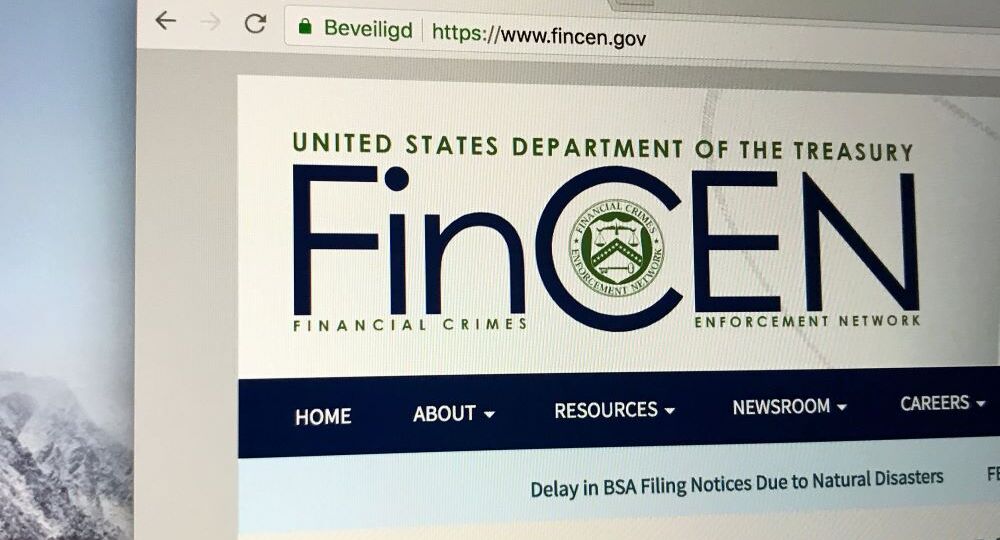DOL Issues New Fiduciary Rule
On April 10, 2024, the Department of Labor (DOL) published a new version of the Fiduciary Rule that updates the Employee Retirement Income Security Act (ERISA) and Internal Revenue Code. There are several changes designed to provide greater protections for retirement savers. As outlined in the update, there is a consistent and precise application of rules that ensure that those giving investment advice do so without violating established conflict of interest requirements. Unfortunately, under current regulations, such advice can be provided outside of the fiduciary requirements certain advisors must maintain. The new update addresses such issues and ensures that investment advice is given because it is what is best for the retirement saver. To help clients, prospects, and others, WhippleWood CPAs has summarized the key details below.
What is the New Fiduciary Rule?
The goal of the new fiduciary rule, going into effect on September 23, 2024, was to provide greater protections for those saving for retirement, creating more well-defined guardrails around conduct. The former definition involved complicated language and a five-part test, whereas the new rule focuses mainly on the compensation and nature of the advice being given.
Simply put, investment advice fiduciaries include anyone who makes an investment recommendation about retirement plans or IRAs for a fee. The DOL defines it as anyone offering “investment advice for a fee or other compensation, direct or indirect.” Fiduciaries under this rule may recommend investment strategies, securities, or other investments to individual retirement account owners or plan officials.
Fiduciaries also need to make recommendations about investments as part of their regular business on an individualized basis and in a way that indicates that they are working in the best interest of the customer, or they would need to state that they are acting as a fiduciary to fall under the new DOL rule.
One of the reasons the DOL decided to update the definition for fiduciaries is because conflicted advice can cost those who are saving for retirement billions of dollars a year, demonstrated by analysis on fixed index annuities alone.
What Does This Change For People With Different Roles?
By changing this rule, some fields of work may now be considered fiduciaries. Investment advisors and broker-dealers were likely to already operate under a fiduciary standard, whereas insurance agents and annuity providers were not. When these professions are held to this standard, they are obligated to offer impartial advice that prioritizes the best interests of their clients. CPAs may also be included if they meet the definition requirements.
The rule change means that retirement savers can feel more reassured that advice from fiduciaries is not influenced by self-interest.
One Time Advice
A change also closed a loophole for those offering one-time advice. Due to this change, a financial services provider will be considered a fiduciary when advice is given to roll over workplace retirement plan assets to an IRA, assuming every other element of the fiduciary relationship is satisfied. This change builds on the additional layers of protection, ensuring that recommendations and advice are not self-serving.
Key Requirements for Fiduciaries
In addition to requiring impartial conduct, fiduciaries also must engage in thorough due diligence that considers the client’s investment objectives and risk tolerance prior to making any recommendations. They must understand and manage their conflicts of interest.
Exemptions for fiduciaries regarding compensation have also become stricter. Fiduciaries must provide “advice that is prudent, loyal, honest, and free from overcharges.” Most of the tightening around exemptions will be applicable to insurance agents.
Contact Us
The Fiduciary Rule provides an additional layer of protection for retirement savers but will make it more difficult for financial advisors and others. It appears the Rule is already the subject of criticism from several industries including both insurance and annuities. If you have questions about the information outlined above or need assistance with your next benefit plan audit, WhippleWood CPAs can help. For additional information call 303-989-7600 or click here to contact us. We look forward to speaking with you soon.
About the Author

Rick Whipple CPA
Rick’s career in public accounting began in 1978. He was a co-founder of WhippleWood CPAs in 1981 and became its CEO in 2004. His experience as an entrepreneur and small business owner over the span of 40 years is vital to his success as a CPA and small business advisor.



